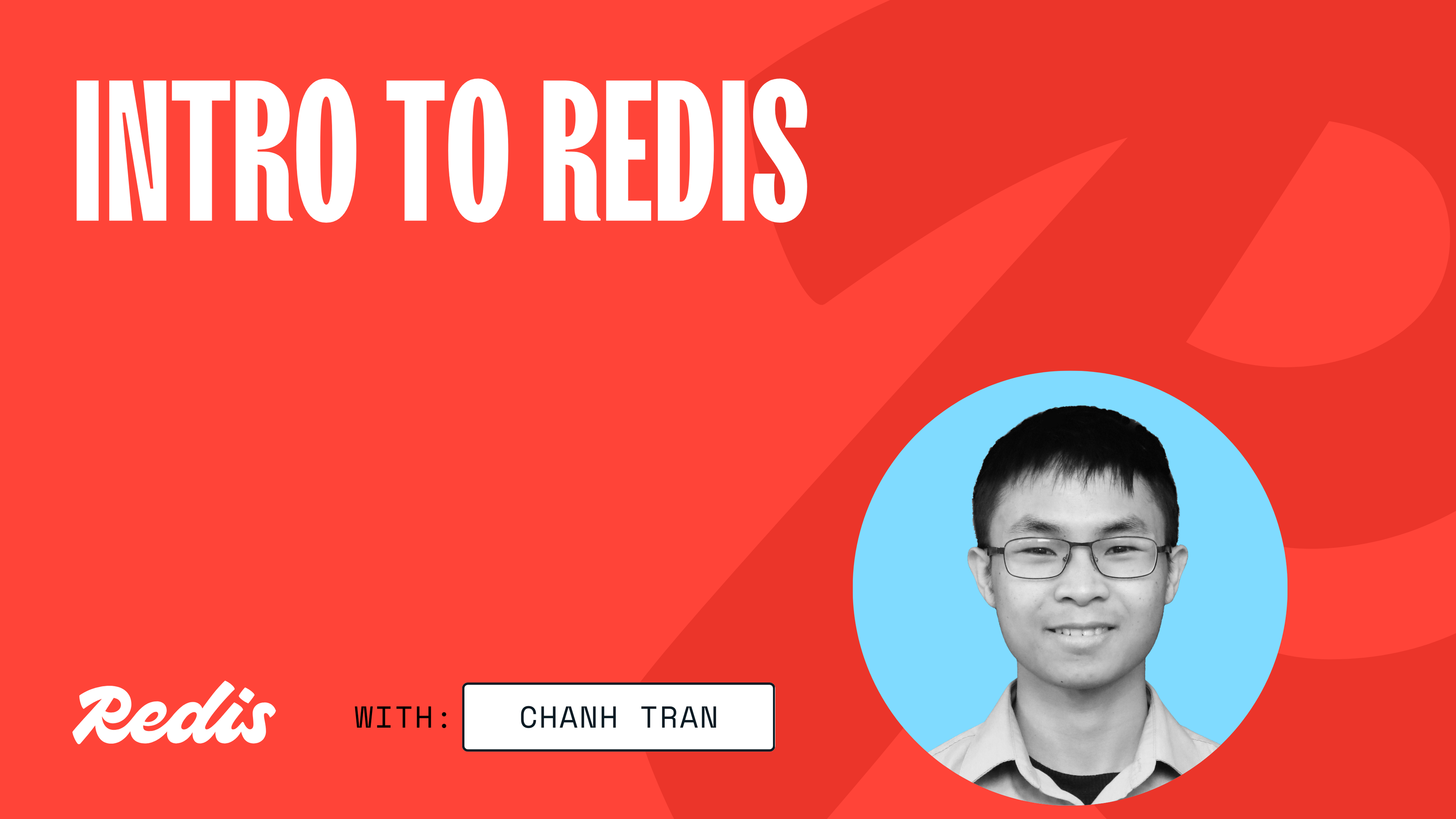Featured event
Intro to Redis
Learn the fundamentals and start putting Redis into practice on day one.
Upcoming
Dec 17, 2025 - Jan 28, 2026
New from O’Reilly: The memory architecture behind adaptive AI agents

Featured event
Learn the fundamentals and start putting Redis into practice on day one.
Upcoming
Dec 17, 2025 - Jan 28, 2026
Speak to a Redis expert and learn more about enterprise-grade Redis today.